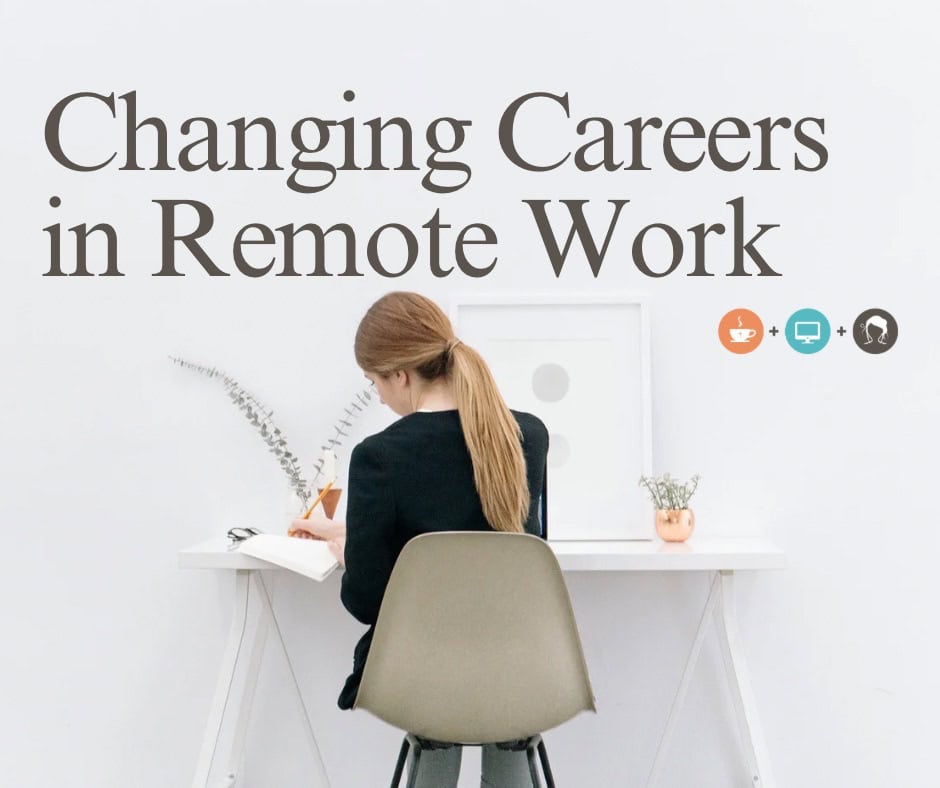
Changing Careers in Remote Work
If you’ve been feeling drained, unmotivated, or stuck in your current role, it might be time to consider a career change. Transitioning to a new path can be intimidating, but it can also be the fresh start you need to reignite your passion and align your work with your goals.
Identifying Burnout and Its Effect on Remote Work
Burnout is a common challenge for remote workers, often stemming from blurred boundaries between work and personal life, constant connectivity, and the pressure to be always available. Over time, this mental and physical exhaustion can affect productivity, creativity, and overall well-being. If left unchecked, burnout can lead to chronic stress, decreased job satisfaction, and even long-term health issues.
Recognizing burnout is the first step toward addressing it. Common signs include feeling drained, having difficulty concentrating, losing motivation, and experiencing a sense of detachment from your work. Physical symptoms like headaches, sleep problems, or frequent illness can also signal that you’re pushing yourself too hard.
When burnout takes hold, it’s natural to reassess your career path. If your current role no longer aligns with your values or fails to provide a sense of fulfillment, it may be time to explore other options. Consider how your skills and interests could translate to a new field or position that better supports your mental health and work-life balance.
Exploring Opportunities for a New Remote Career
Changing career paths as a remote worker begins with understanding your transferable skills — those abilities you’ve developed in one role that can be applied to another. Start by assessing your current skill set, such as project management, communication, or technical expertise. Then, consider how these skills could meet the demands of a different industry or position. You might be surprised to find how versatile your experience is when you break it down into specific competencies.
Next, research industries that align with your interests and values. Pay attention to job descriptions, qualifications, and trends to identify where your skills could make an impact. Online courses or certifications can also help bridge any gaps in your knowledge.
Networking is another key step. Join virtual groups or forums in your target field, attend webinars, and connect with professionals on platforms like LinkedIn. These connections can provide insights and open doors to opportunities you may not have discovered otherwise.
Finally, tailor your resume and cover letter to highlight your transferable skills and adaptability. Emphasizing how your remote work experience has equipped you to succeed in a new field can make a compelling case to potential employers.
Advantages of Shifting Career Paths Remotely
Switching career paths as a remote worker offers a variety of benefits that can improve both your professional and personal life. One significant advantage is the potential for greater job satisfaction. When you transition to a role that better aligns with your interests, values, and skills, you’re more likely to feel motivated and engaged in your work. This renewed sense of purpose can make your day-to-day tasks feel more meaningful and rewarding.
Changing careers can also foster personal growth. Learning new skills, adapting to a different industry, or stepping outside your comfort zone can challenge you in positive ways. These experiences not only enhance your abilities but also boost your confidence as you work though new professional landscapes.
Additionally, exploring a different path can open doors to fresh opportunities for development. You may discover industries or positions you hadn’t previously considered, offering new chances to grow and advance. Many remote jobs also provide flexibility, enabling you to pursue certifications, training, or side projects that further your expertise.
Changing career paths between remote jobs can feel challenging, but it’s an opportunity to rediscover your passions and align your work with your goals. Take small, deliberate steps toward change, and trust in your ability to build a fulfilling and balanced career. If you are interested in changing careers but not sure how you can get started, try our Job Seeker Concierge service where our HR expert — who is a real, live person — will sit down with you and provide guidance on what careers you should consider switching to.
